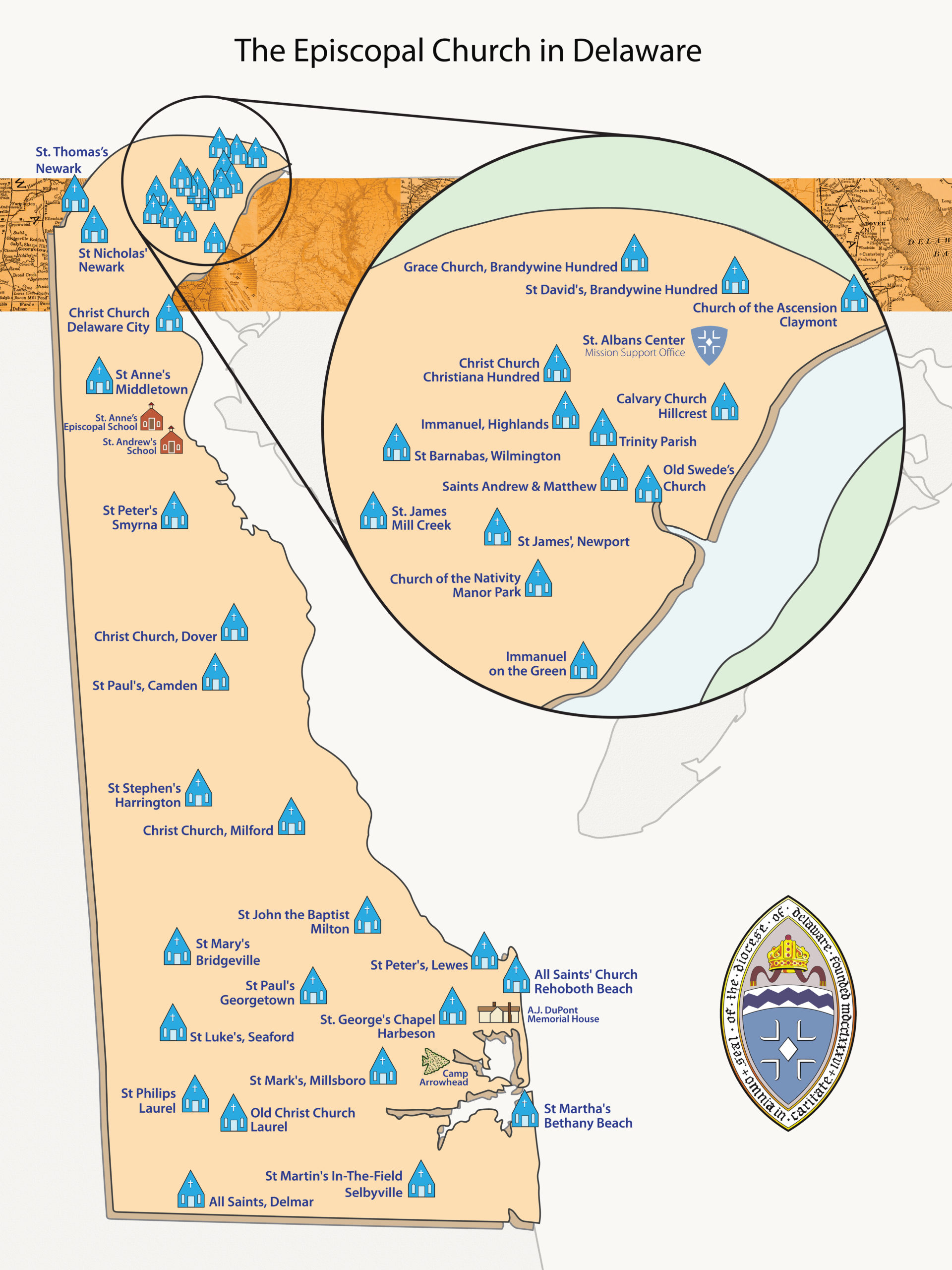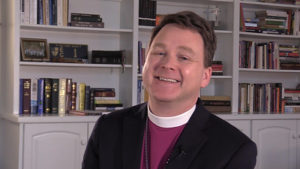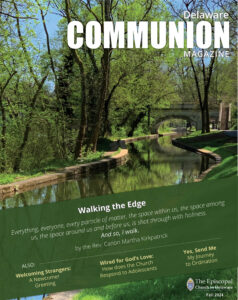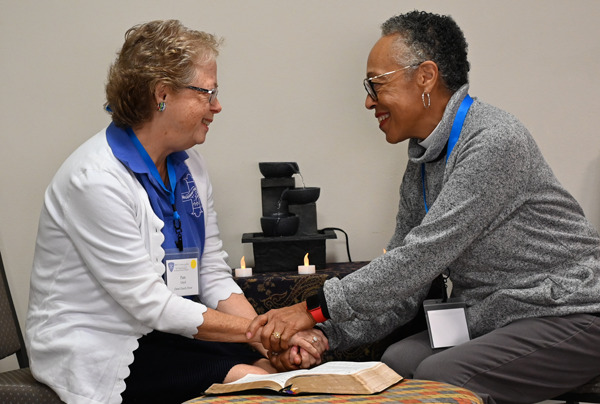
We are the Delaware branch of the Jesus Movement, called to become a diocese growing toward reconciliation and inclusion. Our intent is to bridge divides, embrace differences, seek mutual understanding, and share the blessings of this life. The twenty-first century provides many challenges for the Episcopal Church in Delaware –- secularism, economic inequality, changing demographics, struggles with racial and gender equality and other sources of conflict and cultural division. These challenges provide opportunities for Delaware to become a home in which today’s people can find God. We believe we are called to become more missional, led by our Baptismal Covenant to build community, partnering with other churches and agencies around social issues such as addiction, poverty, and homelessness. We see advantage and opportunity in exploring our small size, big city/rural area, and diversity issues. We believe we are called to be a laboratory for innovation and scalable, achievable pilot projects that could be shared in other places in the wider church. We are called to be in touch with these realities. Our desire is to be adaptive, and to be intentional with the ways that we communicate and connect with each other and with others. We are called to reach people where they are. We commit to our sacramental and liturgical heritage, to be increasingly close knit as one body of Christ, and to cultivate the seeds of tomorrow’s church here in the Episcopal Church in Delaware.
The Episcopal Church in Delaware is comprised of the entire State of Delaware (New Castle, Kent, and Sussex Counties). It is one of the oldest dioceses in the country, established in 1785 following the first convention of the Protestant Episcopal Church in the United States in 1784. Parishes in Delaware date to the late 1600s. Some of those early congregations continue, active, and vibrant as ever, having adapted over the centuries in response to the needs of their communities. Delaware is a small state, with 950,000 residents. We have rolling hills and beautiful beaches. We are close to major metropolitan areas, yet much of our state has a small town feel. People know each other here. Relationships are personal and long-standing. Delaware has maintained a strong agricultural base throughout its history. However, the dominant industry shifted periodically. The early economy consisted mainly of agriculture and fishing. In the 1800s, manufacturing increased within the state, and by the late 1900s, financial services and downstate tourism led the state’s economy. Today, much of the state relies on agricultural income and the operations of big poultry producers. Over the years, portions of the state enjoyed the benefits of major manufacturing, and received significant support from the DuPont family and corporation. However, this is changing. While the southern part of the state has become a haven for retirement and become a place of relatively affluent, growing communities, some cities have been hurt and are still recovering from the closing of major manufacturing operations. Delaware has issues similar to those in some large states: We have big city crime, we have urban poverty, and we have rural poverty.
There are approximately 8,550 Episcopalians in the Diocese of Delaware. We are a relatively stable diocese of 32 parishes. Our congregations range in size from a close-knit handful to almost 400 on a Sunday morning.
In many ways, challenges to the Episcopal Church in Delaware mirror those of the wider church, and indeed, the world at large. When those challenges manifest themselves, we have strengths and resources to draw upon.
We have two excellent primary and secondary schools, St. Anne’s and St. Andrew’s, both in Middletown, and two schools for young children: Christ Church Preschool and St. David’s Episcopal Day School, which is more than 60 years old. All four schools are part of the National Association of Episcopal Schools. We are also blessed to have our fabulous summer camp, Camp Arrowhead. Many of the children and parents associated with these institutions are unchurched, yet they find spiritual, intellectual, and social community as they participate in the life of these institutions. We have a vibrant Episcopal Campus Ministry at the University of Delaware in Newark.

Many parishes within the Episcopal Church in Delaware practice radical hospitality, going outside of the church doors, meeting people where they are, and discovering God in the streets. As a diocese, we are actively working to expand our Spanish language worship and ministry. In New Castle County, when Calvary Church closed in the early 90s, the Spanish language worshiping community was invited to make their new home at Trinity Church in Wilmington. Since that move, the congregation, whose core of folk are of Mexican, Puerto Rican, Dominican, Honduran, and Columbian backgrounds, has thrived. In Sussex County, Primeros Pasos is an early learning center that provides high quality education in a culturally diverse environment for all children. The Diocese entered into a companion relationship with Primeros Pasos, and we look forward to strengthening and deepening that ministry. We recognize that this relationship is not as vibrant as it could be. We are inspired by Presiding Bishop Michael Curry’s articulation of the Jesus Movement, with its sub-themes of reconciliation, evangelism, and care for creation. Reconciliation work takes many forms, and calls us to be attuned to that which potentially divides us and leaves people feeling isolated. The Episcopal Church in Delaware has demonstrated leadership both locally and at the National Church level for gay/lesbian/trans issues of equality. The Diocese was one of the first to allow commitment ceremonies if they were considered by the individual church’s rectors to be a matter of personal care. After the approval of Delaware’s Legislature, Civil Partnerships were to be celebrated in churches. The Bishop and clergy have testified several times in the legislature in support of marriage equality. We are engaged in many social justice partnerships around the diocese, working with other church and local agencies to strengthen communities and assist others who are struggling financially. This work encompasses not only traditional ministry, such as food cupboards and soup kitchens, but, increasingly, direct personal engagement where we see Christ in the face of another person and we are changed by it.





